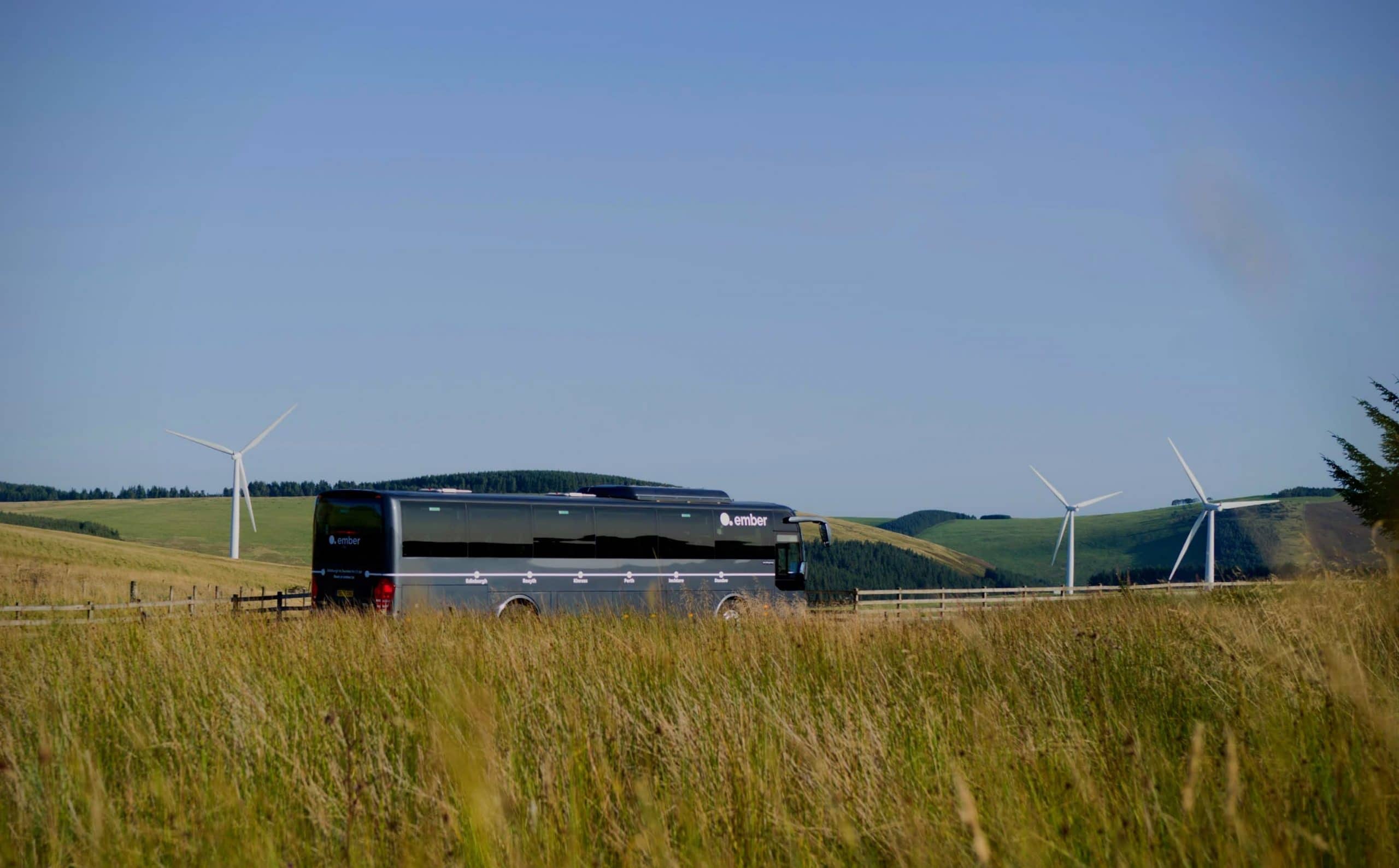With continued government ‘incompetence’ and potential service cuts, the year ahead could be a lively one politically, but problematic for the bus industry
This year could be a defining year for the bus industry. The first Bus Service Improvement Plans come into effect on 1 April, and before then, the Department for Transport (DfT) must allocate the funding to implement these plans.
When the DfT finally announces how the funding is allocated – presumably sometime in the next few weeks – we will finally be able to see the extent of the mismatch between the bus strategy’s aspirations and the funding available to deliver it.
Unavoidable cuts?
Ministers will doubtless spin a good story, and the Secretary of State for Transport, Grant Shapps, is highly skilled at making a bad situation look positively rosy. But if my pessimism is proved to be founded, I can’t see how service cuts can be avoided. Not everywhere, as I am sure some authorities will do well from the funding allocation.
However, if what I hear is right – that only about 20 authorities may get any funding and even that will be pretty thin gruel – then the majority of authorities will get no funding at all. So presumably, they won’t be able to implement any part of their Improvement Plans.
With bus operators suffering financially because of the downturn in patronage, I can’t see how service cuts can be avoided.
You surely only have to look across to the rail sector to see that service cuts of anything between 10-25% are being planned with the full knowledge and backing of the DfT to recognise that service cuts in the bus sector are inevitable. The government simply does not have the resources to carry on supporting it in the way it did during 2020 and 2021.
That’s why I say 2022 will be a defining year for the industry. And once services are cut, it’s hard to see how they will ever be restored.
‘A political fantasy’
For all the hype that surrounded the publication of the National Bus Strategy when it was published last spring, we will be in a very different place come 1 April and the launch of those Improvement Plans that are lucky enough to get funding.
It seems clear to me that the bus strategy was more of a political fantasy written as much by political advisers in No 10 as it was by policy officials in Great Minister House who, I’m sure, have known all along that the level of funding available and the strategy’s aspirations were incompatible.
I hope my pessimism proves largely unfounded, but I can’t find many people who disagree with my assessment.

No 10 incompetence
2022 is going to be a critical year for Boris Johnson too. The Christmas break came just in time for him after a torrid few weeks: the bungled handling of the Owen Paterson affair; the related loss of the North Shropshire by-election, a seat held by the Conservatives since 1832; the Downing Street parties; and all the rest.
We will soon get Sue Gray’s verdict on whether those parties broke COVID-19 rules or not, but in the eyes of the electorate, I suspect the damage has already been done.
And you need no more evidence of the incompetence of the current No 10 operation than to note that the Cabinet Secretary, Simon Case, was tasked to undertake the inquiry into those parties only to have to stand aside and hand the job to Sue Gray because a party was held in his own office.
Sue Gray, a senior civil servant in the Cabinet Office responsible for ethics, has a fearsome reputation, and I have no doubt she will not hold back if she concludes that rules were indeed broken.
Challenges ahead
I sense that patience with Boris Johnson within the parliamentary party has worn very thin, and he seems to have lost his Midas touch. If the Conservatives also perform badly in May’s local elections after the appalling result in North Shropshire, it wouldn’t surprise me if we saw a leadership challenge shortly thereafter.
Has Boris Johnson become an electoral liability rather than the winner he once was?
Nor would I entirely rule out a challenge before the May elections if we have more serious slip-ups by No 10. I doubt you would get very good odds if you placed a bet on Boris Johnson still being Prime Minister come the end of 2022.
So, 2022 looks set to be a lively year politically but problematic for the bus industry. And, with the National Express takeover of Stagecoach approved, we will see one of the most iconic coach and bus operator brands vanish from the industry by the end of the year.
The merger of these two companies won’t be completed until late this year, but it will be a massive moment when it happens. It may well be a sad moment for some, but one can’t be too sentimental in business and these things always come to pass. It will be fascinating to see what impact the merger has on the sector.



























